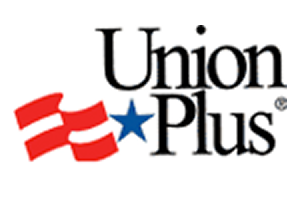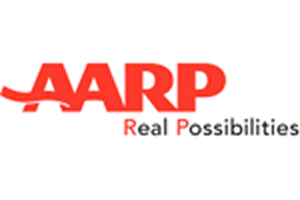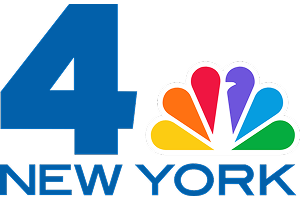800.696.9529
Nassau County Debt Consolidation
Even the most financially responsible people sometimes find themselves unable to pay their bills on time. This usually happens when an unexpected event occurs such as a serious illness in the family, a loss of job, or death. While you may have a good explanation for having trouble paying your bills on time, most creditors are not concerned about the causes of your financial struggles. They simply want you to pay the debt on time as you agreed. The more you get behind in your payments, the more insistent creditors will become in attempting to collect payment from you. For example, your creditor may go to court and get a judgment against you. A judgment is serious as it will allow the creditor to seek garnishments or a bank account levy. If you cannot pay your mortgage, you risk losing your home to foreclosure. Even if your financial situation seems dismal, there are steps that you can take that could result in your debt becoming much more manageable. While filing for chapter 7 bankruptcy or chapter 13 bankruptcy may be tempting, there are other strategies for gaining control over your debt that does not require a bankruptcy filing. One such strategy is debt consolidation. Debt consolidation involves taking out a single loan and use it to pay off all or many of your debts. For a debt consolidation plan to work the new loan must have favorable terms. If you cannot afford to pay your bills it is critical that you immediately contact an experienced Nassau County Benefits of Debt Consolidation Lawyer who understands the Fair Debt Collection Practices Act, and who will explain to you how debt consolidation works.
Types of debt consolidation loans
A debt consolidation loan can be either a secured loan or an unsecured loan. A secured loan is one for which you put up some sort of collateral to ensure that the creditor will receive payment. For example a mortgage is a secured loan and the house or other property is the collateral. Similarly, a car loan is a secured loan. Other types of secured loans may involve your pledging jewelry, a boat, or some other property as collateral. If you fail to repay a secured loan, the creditor could repossess the property. In the case of a mortgage, if you do not pay you will face foreclosure and lose your home. In the case of a car, boat or other vehicle, if you do not pay the vehicle will be repossessed. On the other hand an unsecured loan is one that is not secured by property. Credit cards, personal loans, medical bills, and utility bills are examples of unsecured loans.
Using an unsecured loan for debt consolidation
If you get an unsecured loan for debt consolidation, you will not put any property at risk since such a loan would not require collateral. However, you must have pretty good credit to get an unsecured loan with favorable terms. Thus, you would have to plan in advance, anticipating that you will soon have difficulties paying your debt. Once you get behind in your payments you credit rating will be negatively impacted and few lenders will be willing to offer you a loan with favorable terms. If you take out a debt consolidation loan with a high interest rate, while you may still be able to pay off your other debt, you will end up struggling to make the monthly payments required by the debt consolidation loan.
Using a secured loan for debt consolidation
A secured loan may be your only option if your credit score has been damaged due to recent late payments. In addition to being easier to qualify for, secured loans often have lower interest rates. On the other hand, a disadvantage of a secured loan is that you will have to pledge an asset as collateral. This means that if you default you could lose the property that was used as collateral.
Nassau County Benefits of Debts Consolidation Lawyer
If you are facing financial problems it is imperative that you address them before you face foreclosure, wage garnishment or other serious consequences of failing to pay your debts on time. The longer you wait the fewer options you will have. The staff at Stephen Bilkis and Associates has extensive experience helping clients avoid garnishments, eliminate debt, respond to creditors’ claims, file for chapter 7 or chapter 13 bankruptcy, and deal with other issues related to debt relief. Contact us at 800.696.9529 to schedule a free, no obligation consultation regarding your debt issues.












